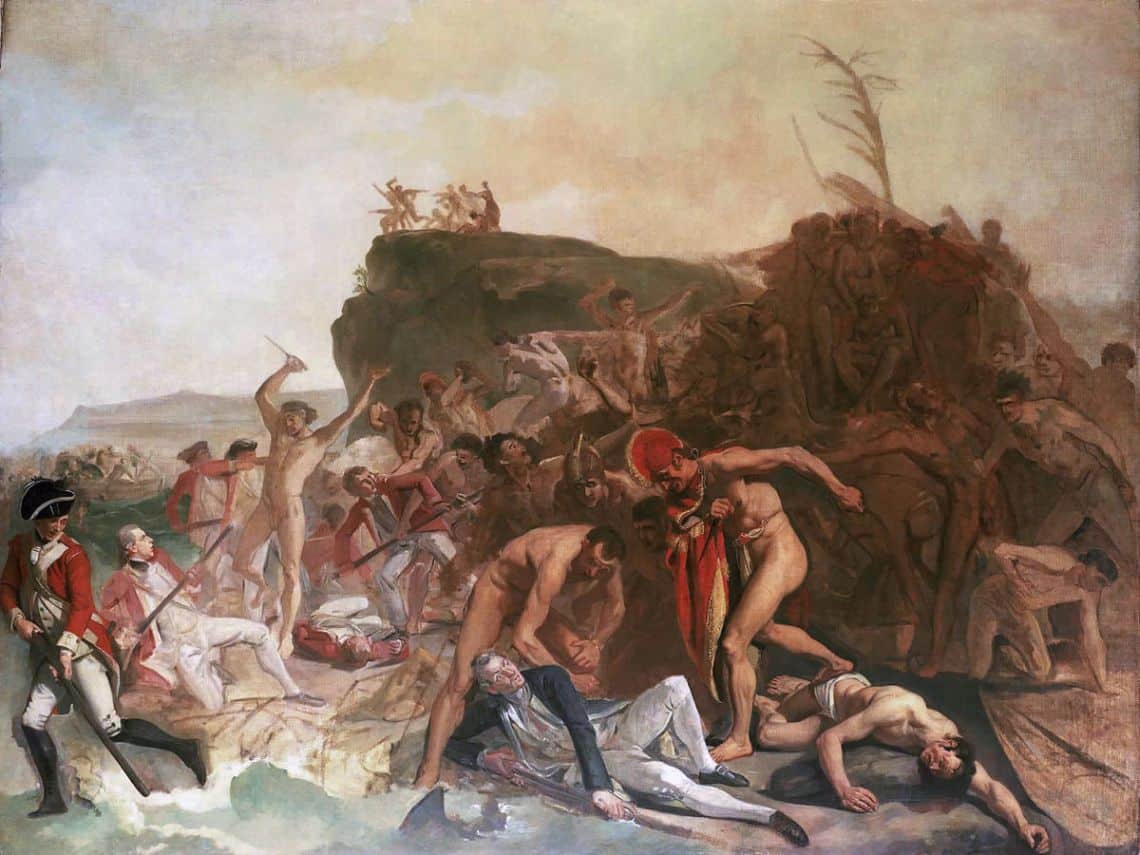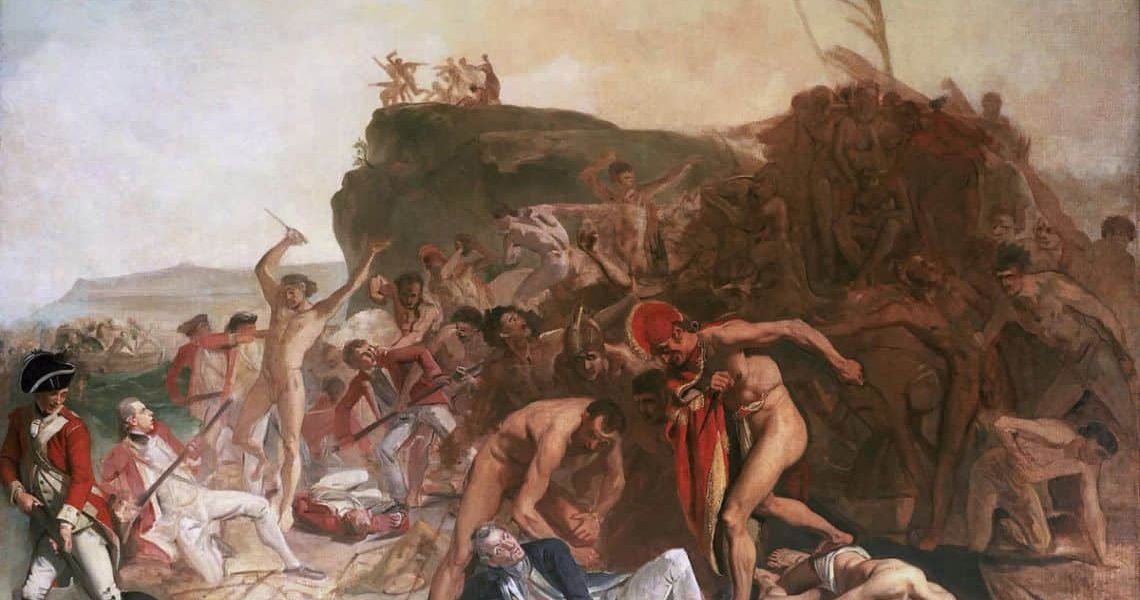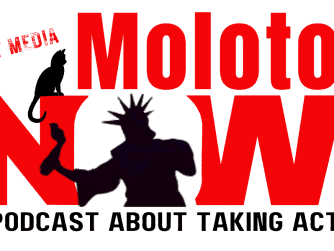Four episodes down and quite a bit of history has been covered. I want to frame out the basics of the podcasts approach to history since it’s something we will obviously be holding may discussions around in the future.
First and foremost, my goal in presenting the history of armed resistance is to both inform and inspire. Many of the accounts and events the podcast explores are relatively unknown in popular consciousness but offer us some incredible lessons and strategies in moving forward. “Americans” have been robbed of it’s fully fleshed out history through white washed versions of events which lionizes and purifies colonizing figures and makes our Americanized ancestors some visionary heroes to laud and praise. The real history of America is frothing with stories of people risking everything to assert their freedom while the the government, the economic structure, and reactionary elements of the population seek to violently crush and smother dissent. So too, many of the people who are in fact quite radical in their methods of resistance are made palatable for mass consumption to a point that their stories, told as they are now, require little self reflection or critique of current structures. The history of our States brutality, through which our current State apparatus and economic machine asserted its dominance, and the resistance to it, is largely left un-grappled with even by the radical left. Lot’s of folks are more than equipped to talk theory from a European thinker or get into the minutia of the Spanish Civil War, the Paris Commune, etc, or more recently the Zapatistas, than they are informed enough to talk about how civil rights organizers armed themselves and communicated with one another. Folks seem to concentrate more on Mao and the Great Leap Forward, or Kronstadt, the Cuban Revolution, the formation of German antifascism and its spread to America, or whatever popular leftist history you can name that people denounce each other over on the internet, than they can poder the implications of Lowery Wars, the Dismal Maroons, Robert F Williams, the Green Corn Rebellion, the Seminole Wars, or the Battle of Blair Mountain, Matewan, and so on. Nerding out on foreign successes and failures is all well and good but it leaves something to be desired. At least it does for me. It creates a vacuum of sorts that leaves the American landscape and our collective consciousness without markers and nearly featureless in terms of rebellion and insurrection. Our history in America would appear to be without much character with respect to that subject and offer little in the way of inspiring our own organizing today. That’s a victory for the dominant order, in that it robs us of paragons of our own, isolates us for one another with common rebellious histories, and erases the ideas which people died and fought for, as well as the methods and tactics they used which could potentially be deeply informative to our own actions because they actually lay the foundation for our modern context. It’s another form of alienation that distances us from our neighbors and local landscape. It smothers the creative ingenuity that can be birthed by deep historical insights. Through Red Strings and Maroons I want to crowd the historical stage through which American history is articulated, complicate the story we tell ourselves about ourselves, and give us some stories to latch on to. Not every person or group that rose up in the US to fight the system or colonization was immediately crushed or defanged and nullified, but the fact that we focus so much on foreign histories bears out that we don’t know much about our own heritage. The implication is that we don’t believe there to be a depth of history, beyond a few notable examples, which can meaningfully advise us currently. That’s exactly how bullshit fake histories like the Lost Cause gets its hooks into our cultures popular consciousness. Now we gotta fight to re-contextualize that shit and its manifestations in the streets.
The truth is we have a rich history and I’d like to gather up a bunch of examples for yall and talk to folks who know a good deal about whatever particular history we are talking on so you don’t get imbued with my uninformed opinion and can draw your own conclusions. I am not a historian and won’t be conducting primary source research or anything like that either. If you can’t tell already, I’m not prime on grammar or spelling so don’t expect top marks on that either. Important to note here is that I am an multi-tendency anarchist that didn’t come to my current conclusions through theory analysis. I’m not well read in those areas. I studied cultural anthropology and after graduating with a degree in that field continued to nerd out on horizontal social formations, on both a large and small scale, that existed well before any of this theory was articulated by some European.
I’ll want to assert here that I don’t highlight the histories I do because I believe they are fighting for anarchism or communism. In fact a lot of these movements, if you can call them that, don’t have a developed social theory behind their actions and didn’t leave much a written record. My aim is not to remake their history in my own image. I don’t want to turn all these folks into one denominational heroes either. A great example is the Red Strings. They were largely white unionists during the Civil War, most of them likely didn’t have an meaningfully developed anti-racist analysis by today’s standards, and many were motivated more out of their own economic incentive to collaborate with folks of color against the Confederacy than they were by cross racial solidarity. I don’t highlight their history as secret society which wreaked havoc to the Confederacy because I want to re-contextualize them into modern anti-racists. I highlight them because their struggle is informative and inspirational to us in terms of pushing and organizing at the edge of racial boundaries in that time, as well as what they developed into after the war- a guerrilla organization that fought the KKK tooth and nail in which members did develop a deep racial solidarity. That has relevance today. Their tactics against well equipped oppressors and their social development during conflict is fascinating as well and has modern relevance in my opinion. I’m going to do my best to accurately depict the historical subjects I cover and not make them into false idols. While I draw out what I see their historical value is in terms of organizing in the US today I’ll also be intentional about leaving room for the listener/reader to make their own conclusions.
The absolute truth is that we are part of a long narrative of revolt and defiance that was played out under the very places we inhabit today. That’s exceptional in its own right to me. I grew up without knowledge of any of these things. Above all I hope that unearthing these buried narratives incite and contribute to your own making of history that will benefit folks in the future and honor of our complex, messy, and bold ancestors.

https://redstringsandmaroons.com/2019/03/08/rsms-approach-to-history/




